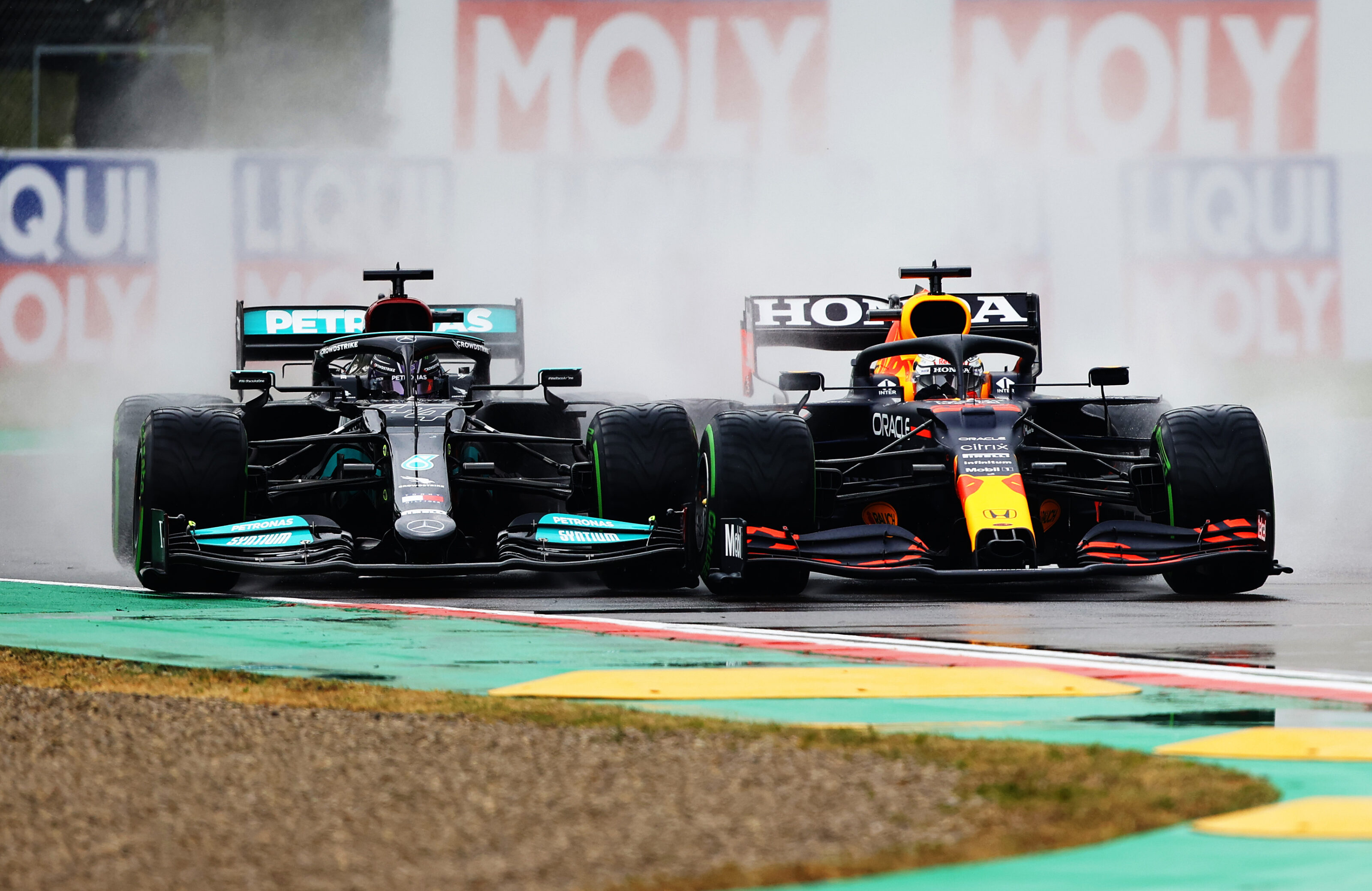A new Formula 1 season is upon us and I’m, well, not really that excited. Don’t get me wrong, I’ll still tune in to every grand prix and become invested in the championship battle, but F1’s racing product is not engaging in the slightest.
For many, this isn’t a particularly new or controversial opinion. But it is one that those in charge of motorsport’s most prestigious category have wrestled with in recent times.
There have been some attempts to rectify the ‘bad racing’ plague with minor tweaks here and there, but the rot that has set into Formula 1’s framework is deep, and requires a more significant exorcism than a few new pages in the rule books.
If I was put in Bernie’s vacated shoes and became F1’s omnipotent despot, I’d scrap the sporting and technical regulations altogether and start again from scratch.
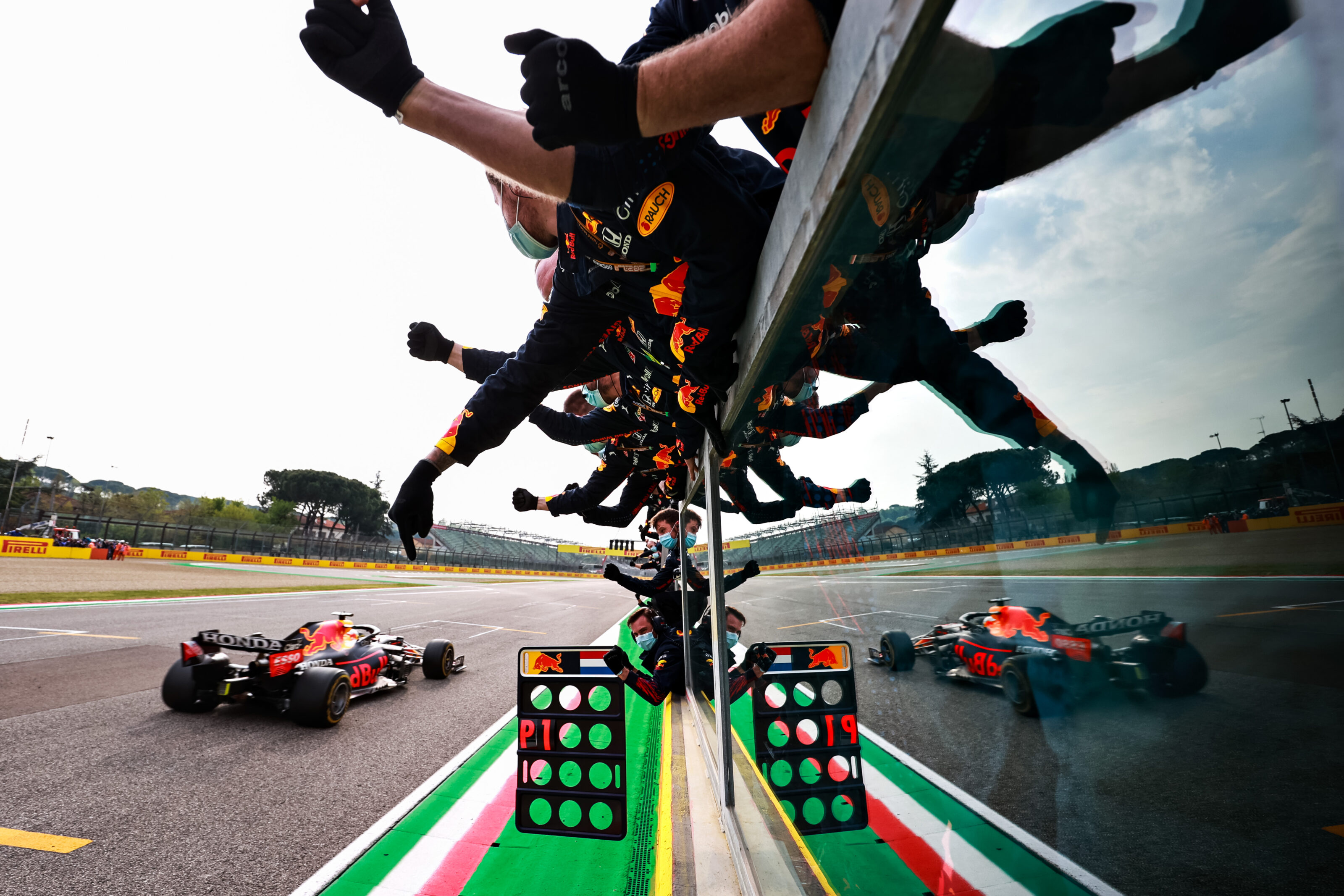
Despite my fanatical wishing, that’s not going to happen though. F1 is currently content to plod along, with the 2020 rules remaining largely unchanged as we head in to ’21.
Existential problems require radical solutions. So, here are my four rule changes that I think could return the shine to motorsport’s crown jewel without requiring an entire rulebook rewrite.
First cab off the rank is simple – mandate that teams must use all three slick tyre compounds in a dry grand prix.
Currently, teams must use two of the three, but this has resulted in snooze-fest one-stop races becoming the norm, with drivers eking more than half race distance on the hardest and slowest compound.
No one wants to see the greatest drivers on the planet conserving tyres at the start of a grand prix. Enforcing the use of all three compounds would banish one-stop races to the bin where they belong, adding a level of strategic intrigue to each race.
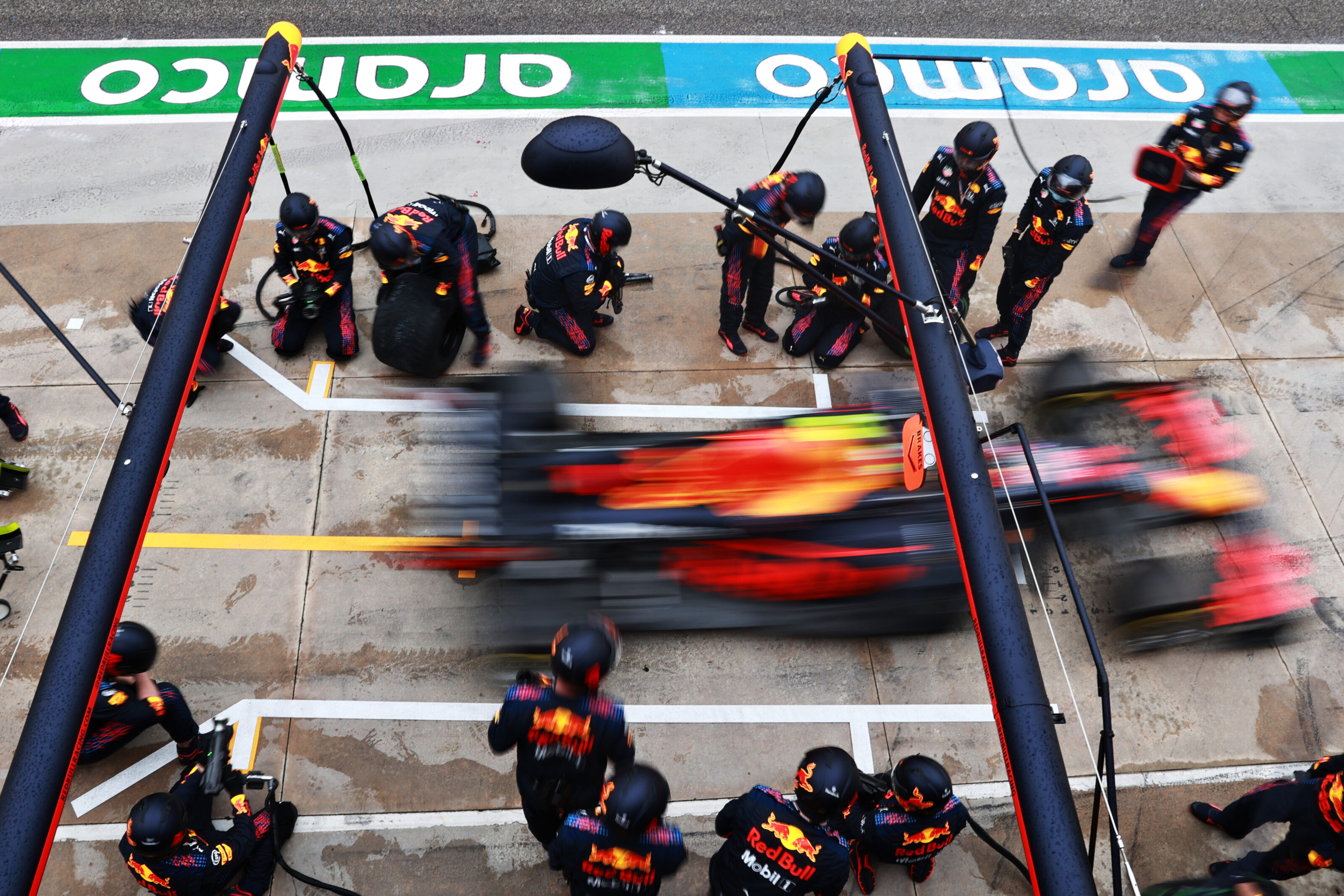
The second change is a direct follow up to the three-compound rule – slash the length of almost every grand prix. In 2020 the average F1 race time was over an hour and a half.
I’ll happily watch every lap of a 12-hour endurance race, but 100 minutes of dawdling around Yas Marina? Take me out to the barn and shoot me now, please.
If a race is completed under green flag conditions, a 45-60 minute run time seems like the sweet spot. In conjunction with mandating two stops per race, drivers would be forced to be at maximum attack for more of the race.
Next item on the agenda is stopping teams from collecting and transferring data in real-time during a grand prix. The immense amounts of information that teams harvest from a modern F1 car is staggering, and it is this data that allows engineers to coach the drivers on where to perform better during a race.
Time to get rid of it.
With a few exceptions such as car location and speed, teams should be prevented from accessing vehicle data during a race. I’ll happily allow teams to collect the same information as they currently do, but restrict them from retrieving it until 24 hours after the chequered flag has been waved.
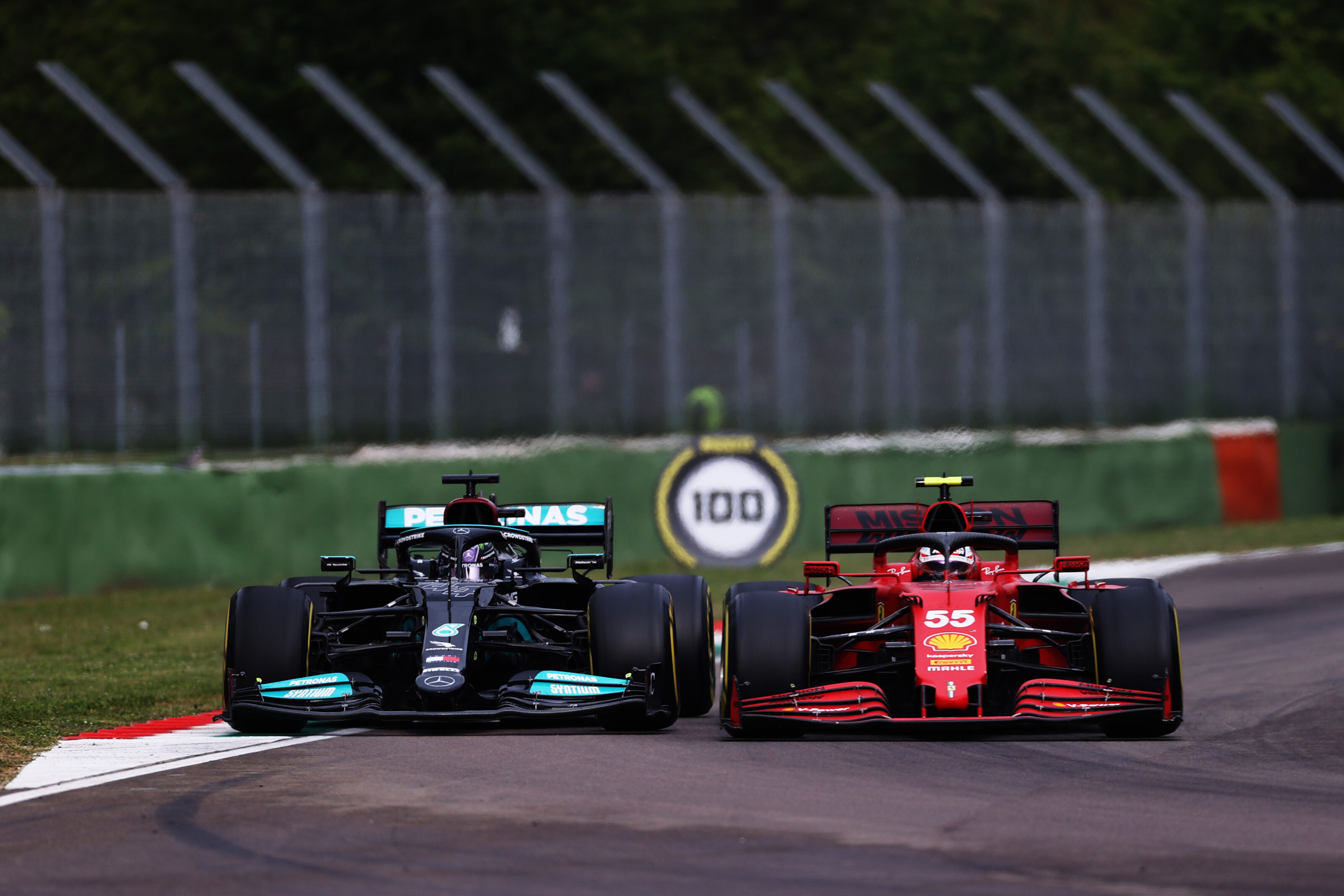
The most radical of my ideas is a complete and unrepentant upheaval of the current F1 race weekend format. In my world, each F1 weekend bar a select few would be a two-day affair, ditching Friday’s running altogether.
On the Saturday I’d make qualifying in its current guise the first session of the weekend, followed by a single 90-minute practice session in the middle of the day.
The final running on Saturday would be a Top 10 Shootout, with drivers from Q3 competing to secure pole with a one-lap dash. Sunday would start with a 60 minute ‘young driver’ session, where each team must run a pair of drivers that have not competed in an F1 race. Before the grand prix starts, the field will get a 30-minute warm-up, and then it’s on to the big race.
At select tracks (or those struggling with attendance numbers), F1 could trial a double-header weekend. Qualify, hot lap shootout, race on Saturday, and follow it up with an identical program on Sunday.
It’s unlikely that F1’s leadership team will have the fortitude to implement any meaningful changes in the short term. But if any of my suggestion inspire, I’ll take my payment in a season pass please, Mr Brawn.
We recommend
-
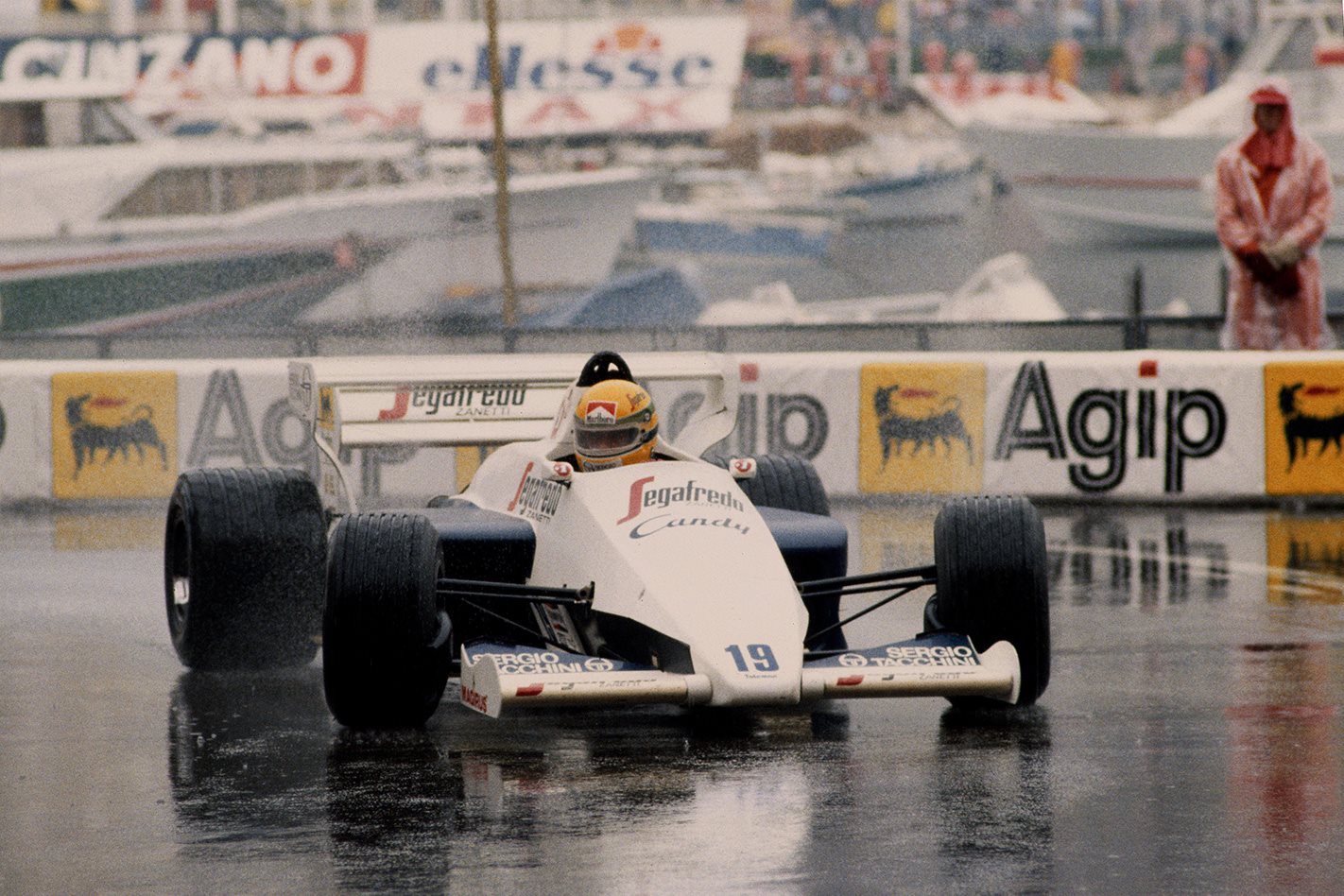 Features
FeaturesClassic F1 vs Modern fast cars
How many years would you have to spool back for a current supercar to be quicker than an f1 car?
-
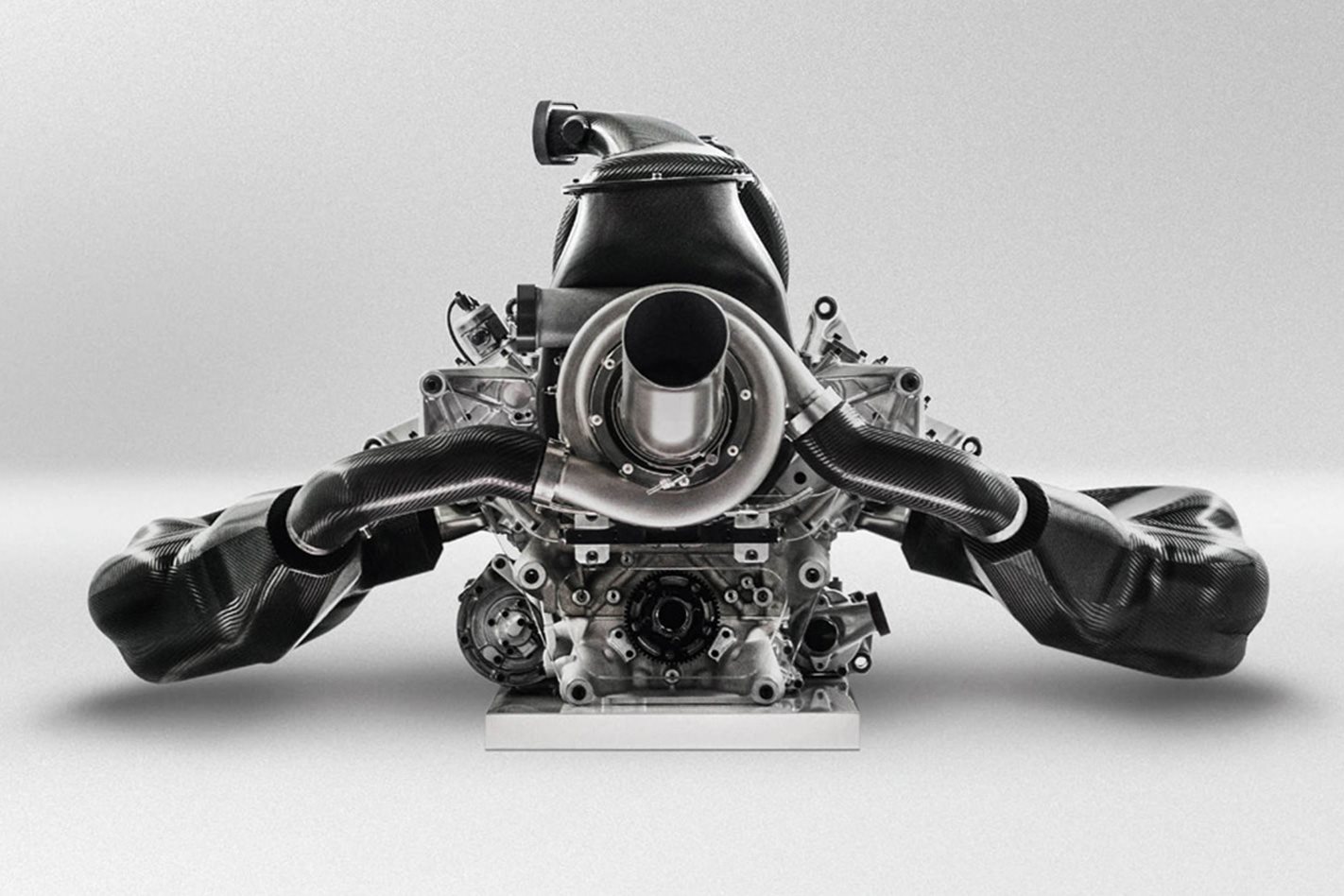 Features
FeaturesBlame Ferrari if you think F1 engines sound bad
Complaints about the flat sound of Formula One cars since their switch to turbo V6 hybrid powerplants should be directed to former Ferrari chief Luca di Montezemolo, but he was playing a long game
-
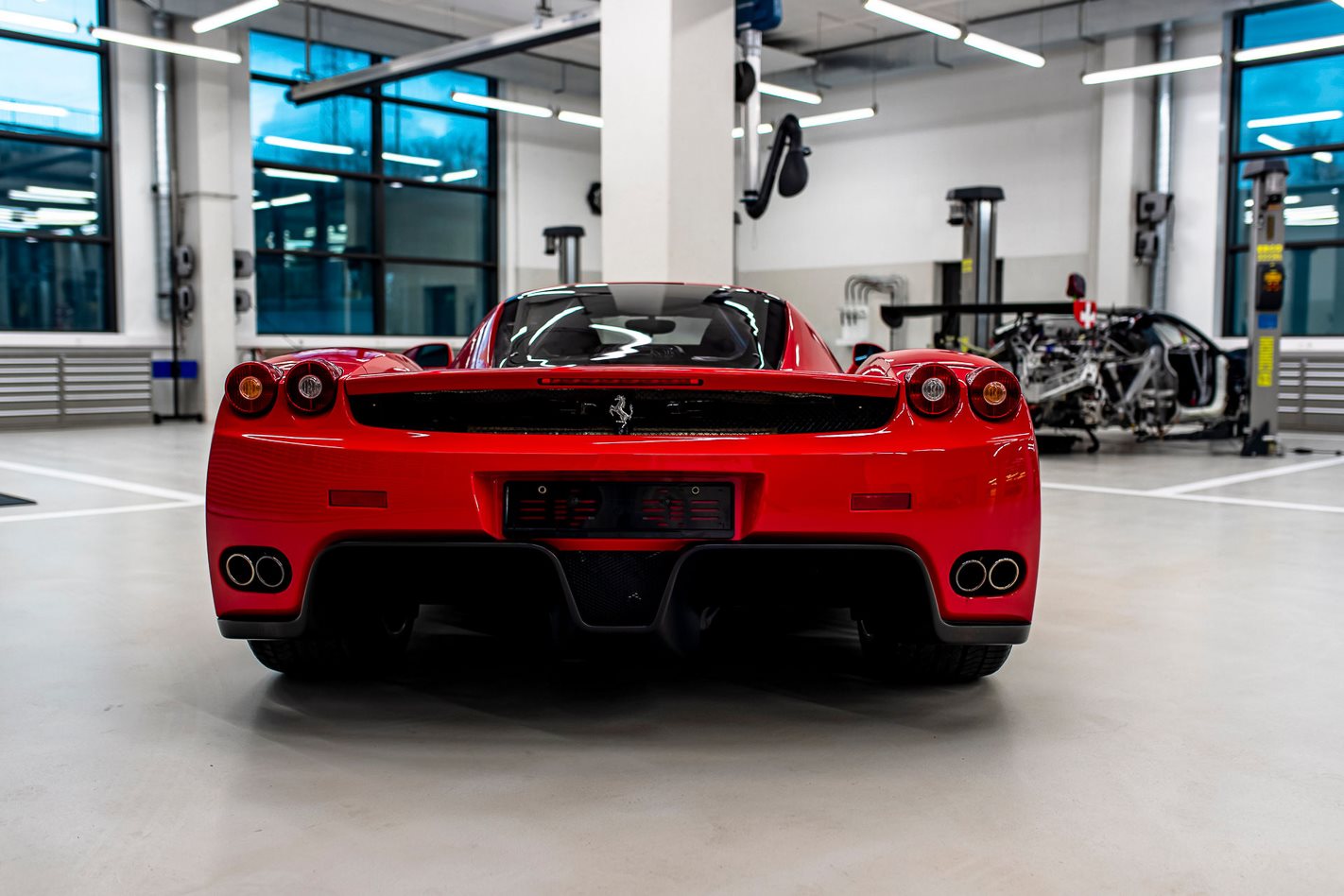 News
NewsSebastian Vettel sells off Ferrari collection after being dropped from F1 team
Selling off Ferraris after joining Aston Martin F1 – coincidental timing or simply clearing house?


